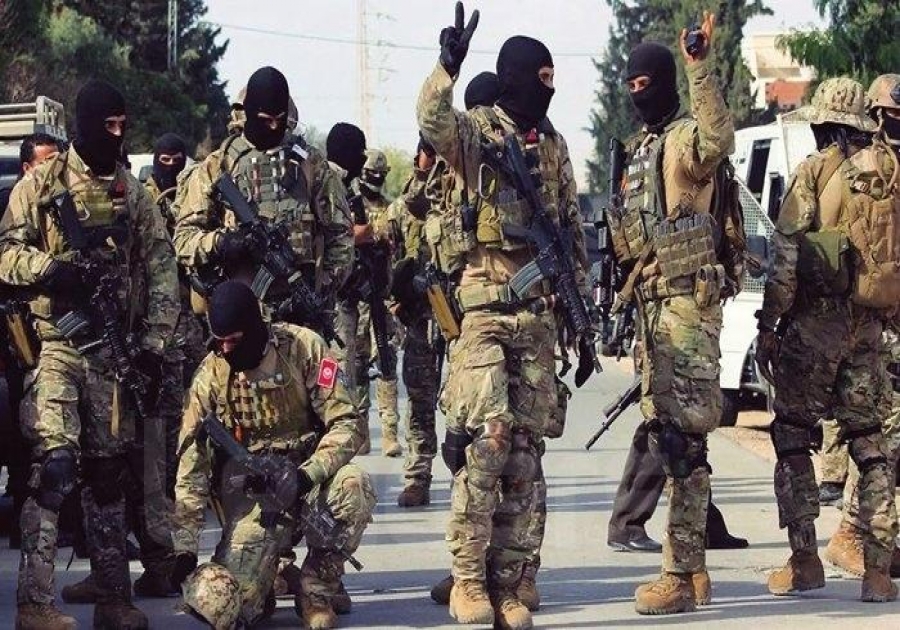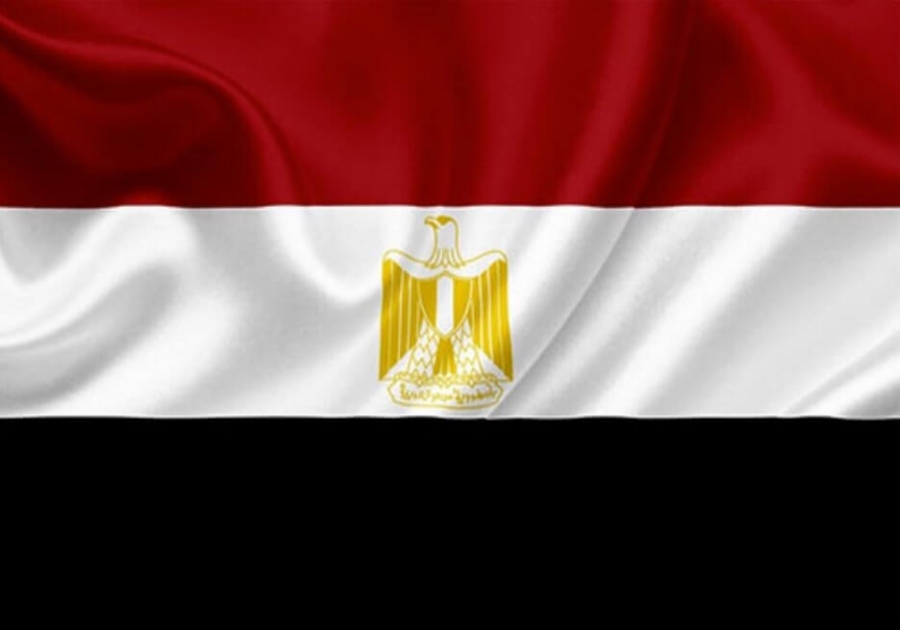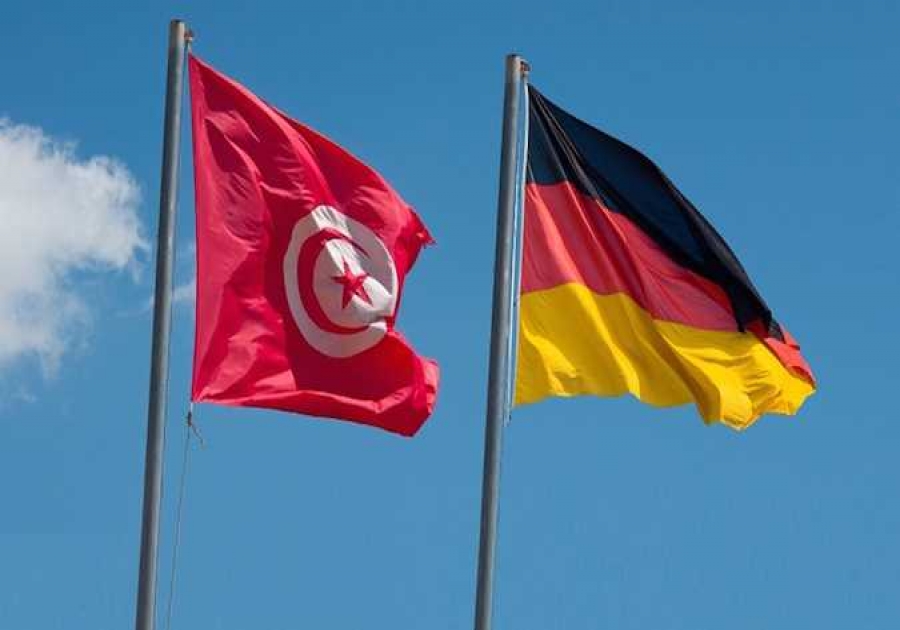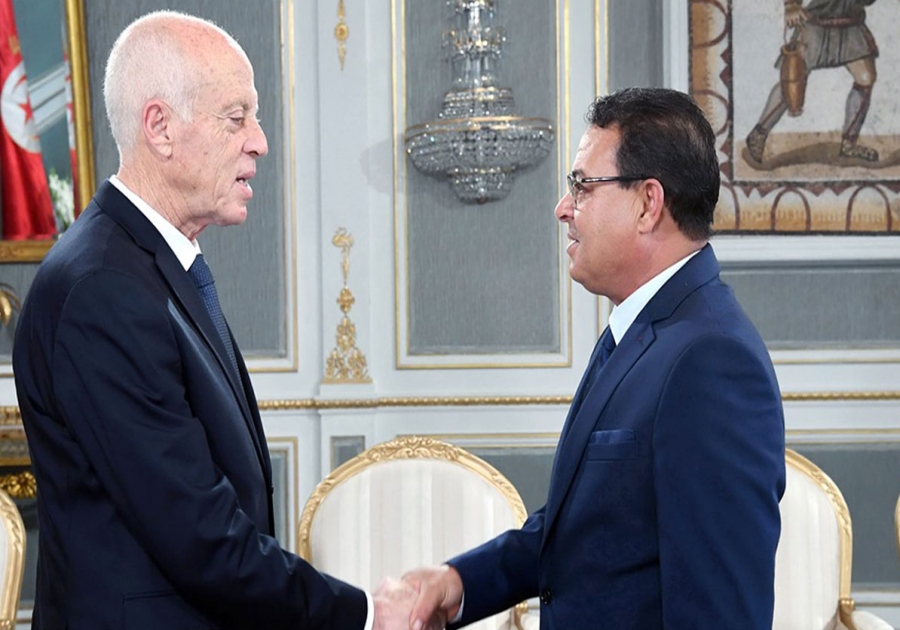.EXPLANATORY -In the wake of the tragic events in Gaza, where journalists were deliberately targeted and lost their lives, here is a compilation of significant international agreements and resolutions underscoring the imperative protection of journalists.
.EXPLANATORY -In the wake of the tragic events in Gaza, where journalists were deliberately targeted and lost their lives, here is a compilation of significant international agreements and resolutions underscoring the imperative protection of journalists.
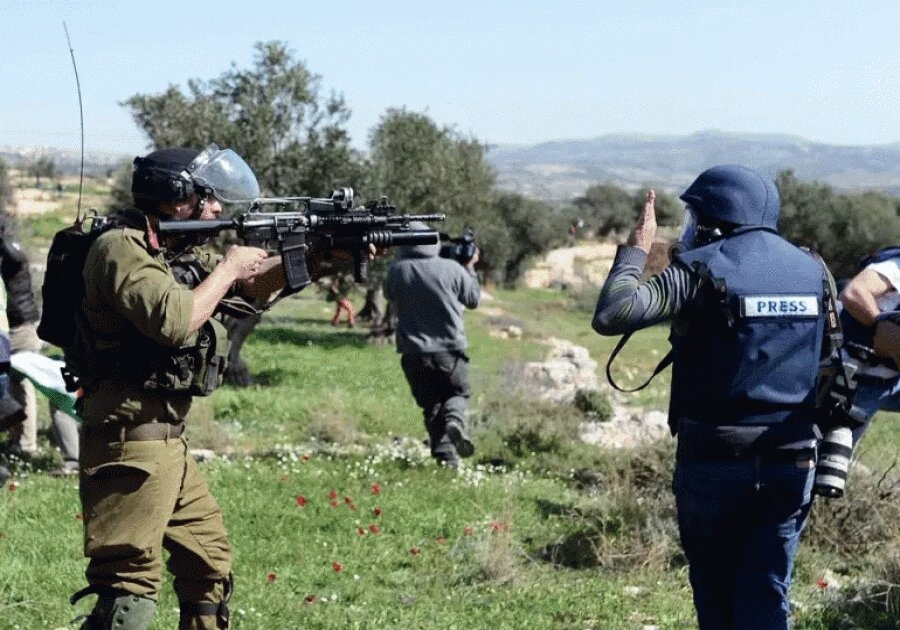
In response to the wishes expressed by our readers and their requests, we have carried out this special translation of articles from the Arabic language into English.We’ve also provided all the necessary updates.
(This text is a translation of the article published on October 19th, titled ‘’بعد استهداف وقتل الصحفيين في غزة ..إليكم أهم النصوص الدولية والقرارات التي تنص على حمايتهم’’)
The Palestinian Journalists' Syndicate (PJS) issued a statement on their official facebook page, in which they announced the martyrdom of 24 journalists, the injury of more than 50 others, and also the disappearance of dozens since the beginning of the Israeli aggression with rockets on October 7, 2023.(last update 28/10/2023)
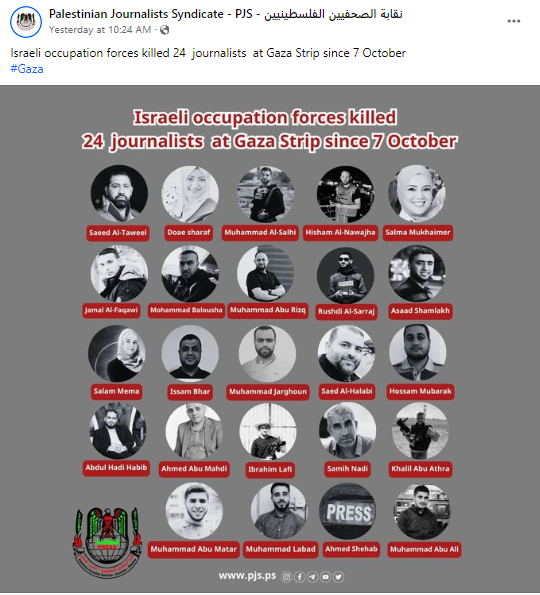
They also reported the destruction of 50 media institutions and the bombing of journalists' homes in Gaza.
The statement, based on the report from the Freedom Committee of the Palestinian Journalists' Union, highlighted numerous violations in the West Bank and Jerusalem.
The union's statement documented the targeting of journalists from the start of the war in Gaza until the evening of Sunday, October 15, 2023, and it pointed to the escalating violence in targeting Palestinian journalists.
The statement announced that the Israeli army had escalated its attacks by bombing the homes of several journalists, resulting in injuries and casualties among their family members.
Among the media institutions that had their offices destroyed were Al-Aqsa Media Network, Al-Quds Newspaper, Radio Baladna, Khabar Agency, Al-Ayyam Newspaper, Radio Al-Quran Al-Karim, Shams News Agency, APA Agency's office, Al-Jazeera Network's office, Palestine TV, and the office of Agence France-Presse, making the ability of journalists to document the horror becomes next to impossible.
It's worth noting that Israeli crimes against journalists extended to Lebanon, where one journalist was martyred, and five others were injured in an Israeli airstrike in southern Lebanon. Others faced direct threats through incitement campaigns on Hebrew-language social media platforms.
Press advocates and the Palestinian Journalists Syndicate (PJS) express growing concern that those numbers will continue to increase. This troubling trend unfolds amidst the deteriorating humanitarian situation in Gaza. Over the course of more than six decades, a multitude of international laws have been enacted with the primary aim of safeguarding journalists and empowering them to assert their rights, especially in the midst of war and armed conflicts.
Some of these include:
International Humanitarian Law: Article 79 of the Additional Protocol to the Geneva Conventions of 1949, concerning the protection of civilians in armed conflicts, states that civilian journalists performing their duties in conflict areas must be respected, treated as civilians, and protected from deliberate attacks, provided they do not engage in activities contrary to their civilian status.
ICRC Study on Customary International Humanitarian Law (2005): Article 34 of the tenth chapter states that civilian journalists working in professional capacities in areas of armed conflict should be respected and protected as long as they are not directly participating in hostilities.
UN Security Council Resolution 1738: The resolution condemns deliberate attacks against journalists, media personnel, and individuals associated with them during armed conflicts. It equates the safety and security of journalists, media, and their support crews in conflict areas with the protection of civilians. It also considers independent journalists as civilians who should be respected and treated as such.
On the other hand, there is an ongoing effort to create an international treaty for the protection of journalists during both wartime and peacetime, a project led by the International Federation of Journalists. There are active campaigns to gain widespread international agreement and make it a binding treaty for all United Nations member states.
Furthermore, our contact, Attorney Monther Al-Sharani, emphasized the importance of distinguishing between journalists who enjoy full protection and war correspondents, who are considered attached to one of the conflicting armies and are identifiable by their military attire. War correspondents document military operations and are not considered civilians, making them eligible for capture by the warring parties.
Finally, our source provided some advice for journalists working during times of war, including wearing helmets and vests with clearly marked "Press" badges, maintaining neutrality and professionalism, and positioning themselves in safe areas designated for journalists to avoid becoming targets for attacks and injuries. Additionally, buildings and vehicles used by journalists should bear the logos and names of their media organizations for identification and protection.
Yasmine Dakhli

Diplômée d'un master en communication politique de l'Institut de Presse et des sciences de l'Information.
Yasmine Dakhli
Diplômée d'un master en communication politique de l'Institut de Presse et des sciences de l'Information.
-
Faux
L’Allemagne renonce à l’implémentation de l’Université tuniso-allemande en Tunisie
2021-10-08 17:16



